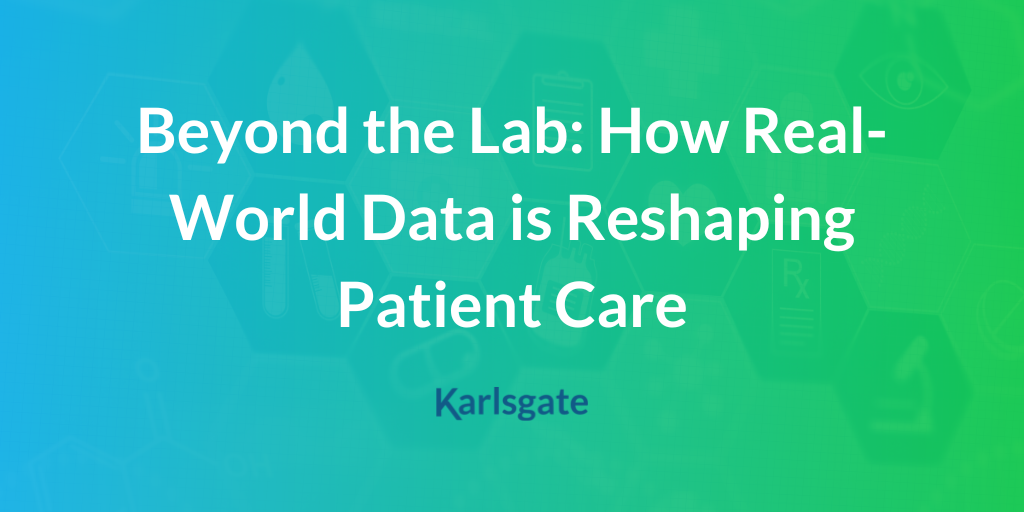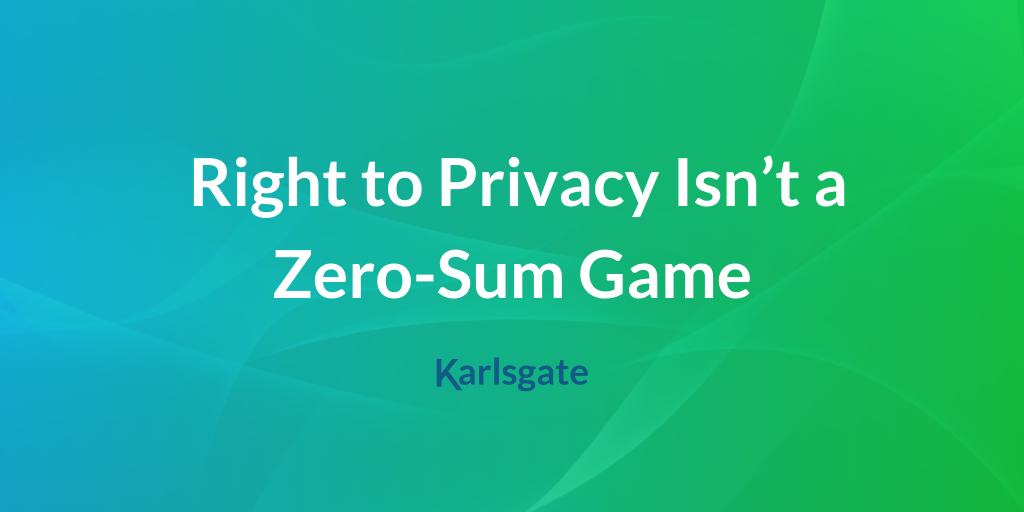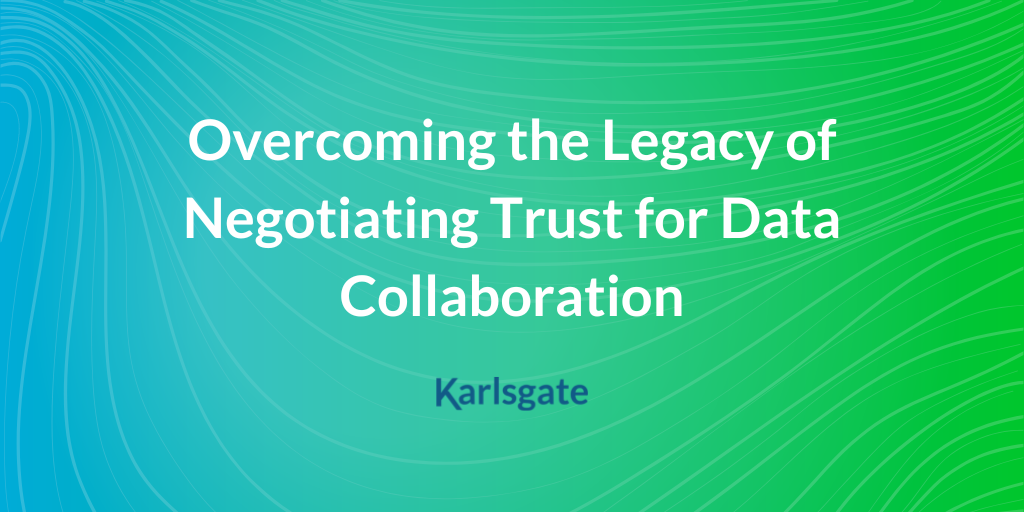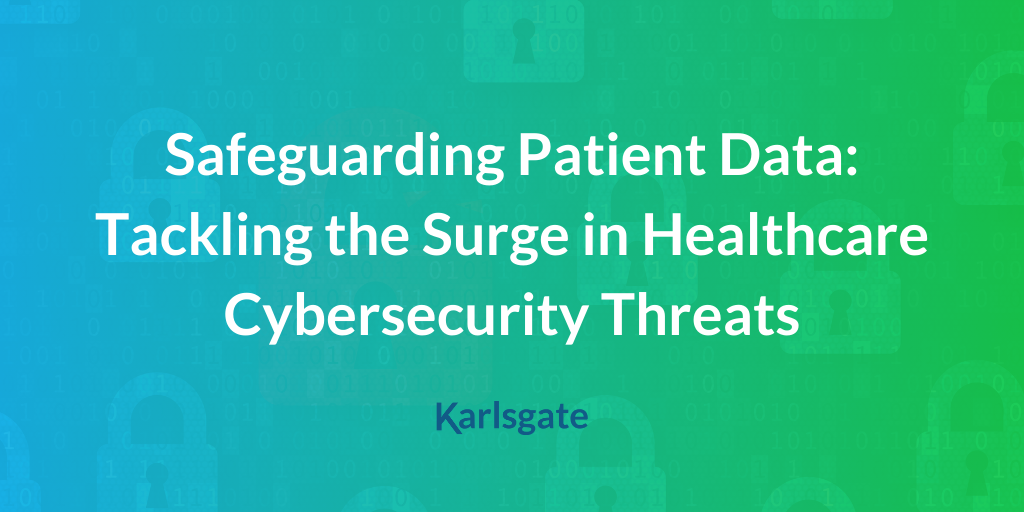Envision a world where the path from a new medicine’s discovery to your doctor’s prescription unfolds not merely as a scientific experiment, but as a compelling real-life narrative. This narrative...
Let’s talk about sharing first-party data in a safe and compliant way.
The digital marketing ecosystem has long been preparing for Google’s deprecation of third-party cookies and Apple’s IDFA blocker. While most people originally placed their bets on emerging – and potentially even better – ways to find, reach and engage consumers online, that all changed once Google announced that it would not build alternative identifiers to track individuals or use any third-party IDs in their products going forward. Adweek actually characterized this news as dropping a “Privacy Bomb on Independent Ad Tech.”
How did we get here?
Brands have had a pretty easy go of it over the last decade as they’ve successfully harnessed cookie-driven, third-party data to reach consumers. It’s been fast, easy and cost effective to leverage outside partners like DMPs and CDPs to track, analyze and segment consumer data. And, conveniently for the brands, it didn’t come with any real regulations or an obligation to defend consumers’ privacy or ensure their personal data was safe.
Over time, the Ad Tech industry exploded with more and more companies offering online targeting, tracking and measurement to brands who were happy to have browsers and platforms doing the heavy lift while being absolved of the responsibility of managing data in house, or needing to develop a first-party data strategy.
It was a complete win-win until consumers and regulators found the approach incompatible with modern-day values. These long-accepted targeting practices are now collapsing as consumer privacy regulations like CCPA and CPRA in California, and GDPR in Europe, combined with restrictive actions by Apple and Google, are forcing a reckoning for brands.
Digital marketing ecosystem at a crossroads
So where are we today? Consumers are demanding more control over their personal information and regulators are responding. But brands continue to need rich, actionable data in order to target consumers. They’re now scrambling to define new methods to share and leverage their own – and other’s – data in a safe, compliant way.
Some are beefing up their first-party data strategies and taking steps to redefine trust with outside partners. This is critical to not only staying compliant and consumer friendly, but to reducing the risk of data leakage or breach, which could be devastating to a company’s brand reputation.
Clean rooms and safe havens have sprung up and while they help somewhat with security and privacy, they’re really just shifting where trust lives since consumer data is still being exchanged with a third-party.
I think that brands will always need to share and enhance data to get to real insights – it’s the lifeblood of their advertising strategies. I also believe that while it’s safer to keep all consumer data in house, that’s not practical, as the capital investment required to build a walled, first-party data universe is out of reach for most companies.
A new way of enabling trust
After years of contemplating this push-pull between privacy rights and commercial interests, I built the Karlsgate Identity Exchange (KIE™) to help address the challenge. KIE is a data collaboration platform that enables brands to transfer data without ever exposing identifying data. It reflects my commitment to supporting and bolstering what I call the Protected Data Age – a new era in which consumers’ personal information is treated with the stewardship and protection it deserves.
Think about it like this: the brand is the custodian of their first-party data. They may want to send it to a partner (i.e., a DMP or clean room) to house and manage, as well as enable sharing with other brands to glean insights that inform successful campaigns. By using a solution like KIE, which seamlessly enables data sharing without losing custody, they can keep their footprint smaller. This reduces risk and keeps them compliant, while also saving time and money.
Interested in your thoughts
Brands are facing a challenging era as they work to retool their engagement strategies. A convergence of external factors is forcing a conversation that many aren’t ready to have, but one that is long overdue. I’m interested in hearing how readers of my various posts on the Protected Data Age think the new reality will impact their business and what they’re doing to respond.







